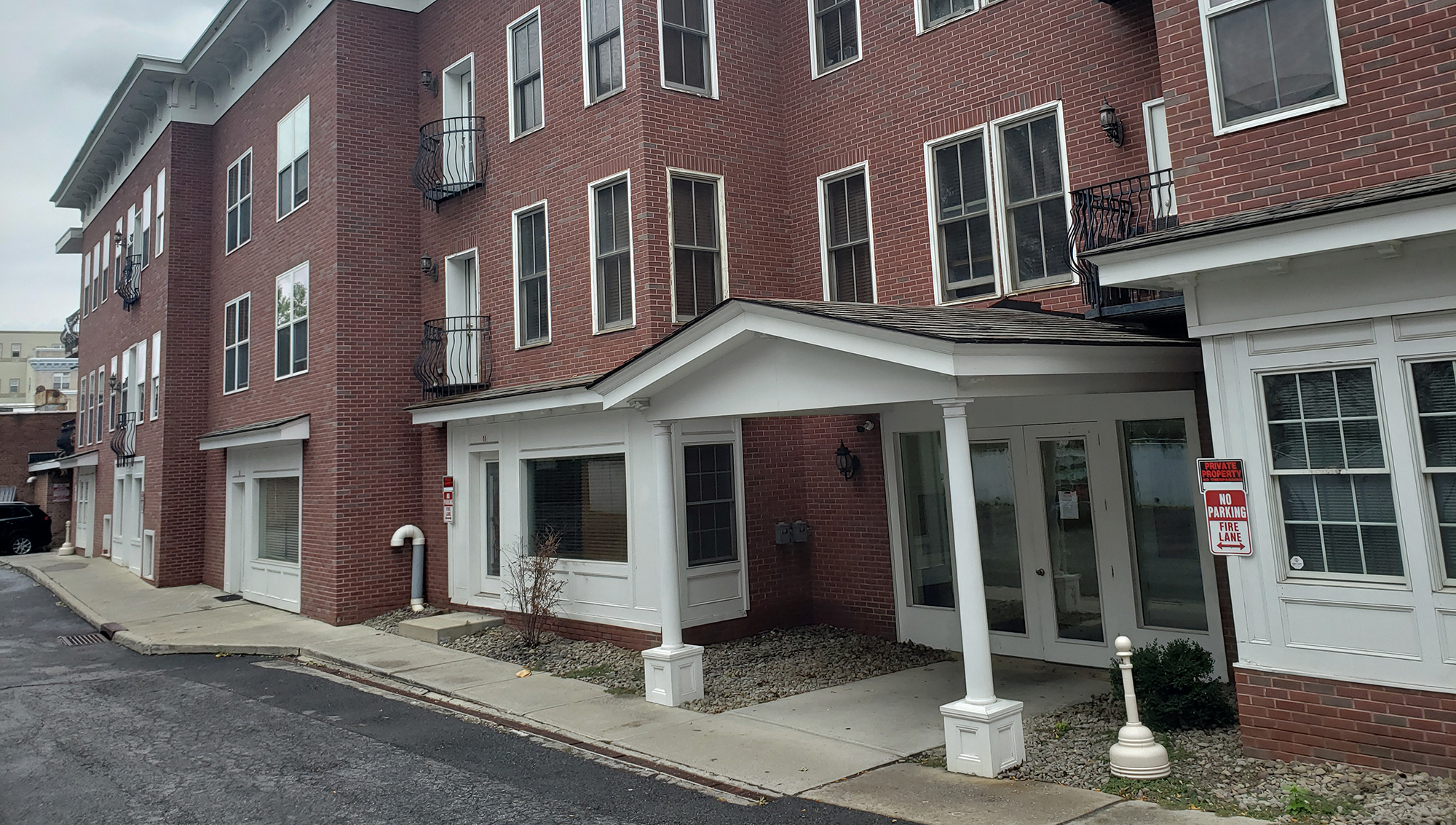Every landlord must carry out regular maintenance and repairs to keep their rental properties habitable. Fixing a faulty faucet, AC unit repair, or painting the property are simply part of a landlord’s job description.
In contrast, capital improvements boost the property value, or extend the life of the property. Capital improvements also go by the terms capital expenditures (CapEx) or capital expenses.
Many real estate investors like to classify most of the work done in the property as regular repair and maintenance to maximize their landlord tax deductions. As much as it sounds like a good plan in minimizing the property or rental income tax dues, imprudent tax deduction claims cause more harm than good.
Understanding the difference between rental property repairs versus improvements to rental property is essential to avoid trouble with the IRS!
Repairs vs. Improvements vs. Maintenance
As you update your rental property, here’s what you need to understand about repairs vs. improvements, and where maintenance fits in.
Maintenance
Maintenance is any job done on the property to resolve existing degeneration or prevent damage. Preventative or standard maintenance work is simple. The aim is to keep the property original and functional.
Substitutes or replacements of property components that are past their useful life fall under maintenance. Anything more than that ceases to be routine maintenance work.
Routine servicing of the air conditioning condenser counts as maintenance.
Repairs
Property repair is any work that’s done to fix damage or deterioration. Repairs are meant to reinstate the property to the condition it was in before the damage occurred. However, some damage can’t be fixed through repair but replacement.
In this case, the work is sometimes considered a capital improvement and treated differently when filing tax returns.
Continuing the example from above, calling an HVAC professional to fix a broken line in the air conditioning condenser counts as a repair.
Capital Improvements
This is defined as any work done to better the state of the property beyond the original condition. Not only do capital improvements increase the property value but also extend its expected life. Also, capital improvements raise the income-generating capability of the property. They include additions, extensions, or changes in the character of the property (i.e through remodeling or renovations). Replacements, even when the original components are damaged beyond repair, are capital improvements.
To differentiate between capital improvement vs. repairs or maintenance work, you just have to consider whether the job increases the property value beyond the original or simply restores it to the value it was in before the damage or change occurred.
Maintenance jobs can end up being capital improvements when the damage is extensive because a simple repair won’t suffice in fixing the problem. In this case, you should list the expense as a capital improvement as opposed to repair or maintenance work.
If you buy a fixer-upper, while following the BRRRR method of rental investing, you must depreciate the initial renovation costs. You add them to the rental property cost basis to reduce your capital gains taxes when you are ready to sell.
Replacing the air conditioning condenser counts as a capital improvement.
Types of Capital Expenditures
Capital expenses are categorized by the IRS to minimize confusion in filing tax deduction claims. They include:
Betterments: These expenses improve the property’s condition or value by increasing its strength, quality, or capacity. Betterments also result in an expansion of the property or fixing a pre-existing flaw.
Improvements: Any expense incurred in the process of improving the condition of an investment property should be capitalized. Improvements are changes done to adapt the property to a different or new use. Restoration of properties also falls under capital improvements.
Restoration: Rebuilding a property to restore it to the original condition or after damage due to casualty loss is classified as restoration capital expense. Also, replacements that involve a significant part of the property structural aspect fall under restoration.
Adaptation: These are alterations of the property to a use that is different from what you intended when you began renting it.
Tax Consequences of Repairs vs. Improvements
“Fascinating as this lesson in semantics is, why should I care in the slightest?”
The definition of repairs vs. improvements to a rental property matters because of how you deduct the costs.
Landlords can deduct 100% of the costs of repairs and maintenance, in the year when they occur. However you can’t deduct the cost of capital expenditures all at once – these must be depreciated over time. Spread over 27.5 years, to be precise. Read up on how rental property depreciation works for a more thorough explanation.
Hire an accountant well versed in real estate investments and tax laws, to maximize your deductions and depreciation. Also, keep excellent records of all expenses. Save your receipts, invoices, and other paper trails of all repairs, maintenance, and CapEx so you can prove them to the IRS in the event of an audit.
Final Thoughts
Every landlord should know how to categorize capital expenditures vs. repair work. The IRS won’t overlook blunders in your tax returns just because you are a new landlord.
Bear in mind that the line between repairs vs. capital improvements sometimes gets blurry. If you replace all your outdated windows with new energy-efficient modern ones, that counts as a capital expense, since it prolongs the usable lifespan of your rental property. If the neighbor’s son throws a baseball through one window by accident, replacing that one window is clearly a repair.
But what if you replace a few windows each year, as they become exceptionally old and crusty looking?
When the line gets blurry, talk to your accountant. They’ll tell you to have an argument ready for the IRS in case they challenge you on it, but often you can get away with deducting all of the cost this year.
by Guest Author | Last updated Jun 16, 2021 | General Property Management, Real Estate Investing, Spark Blog | 10 comments













